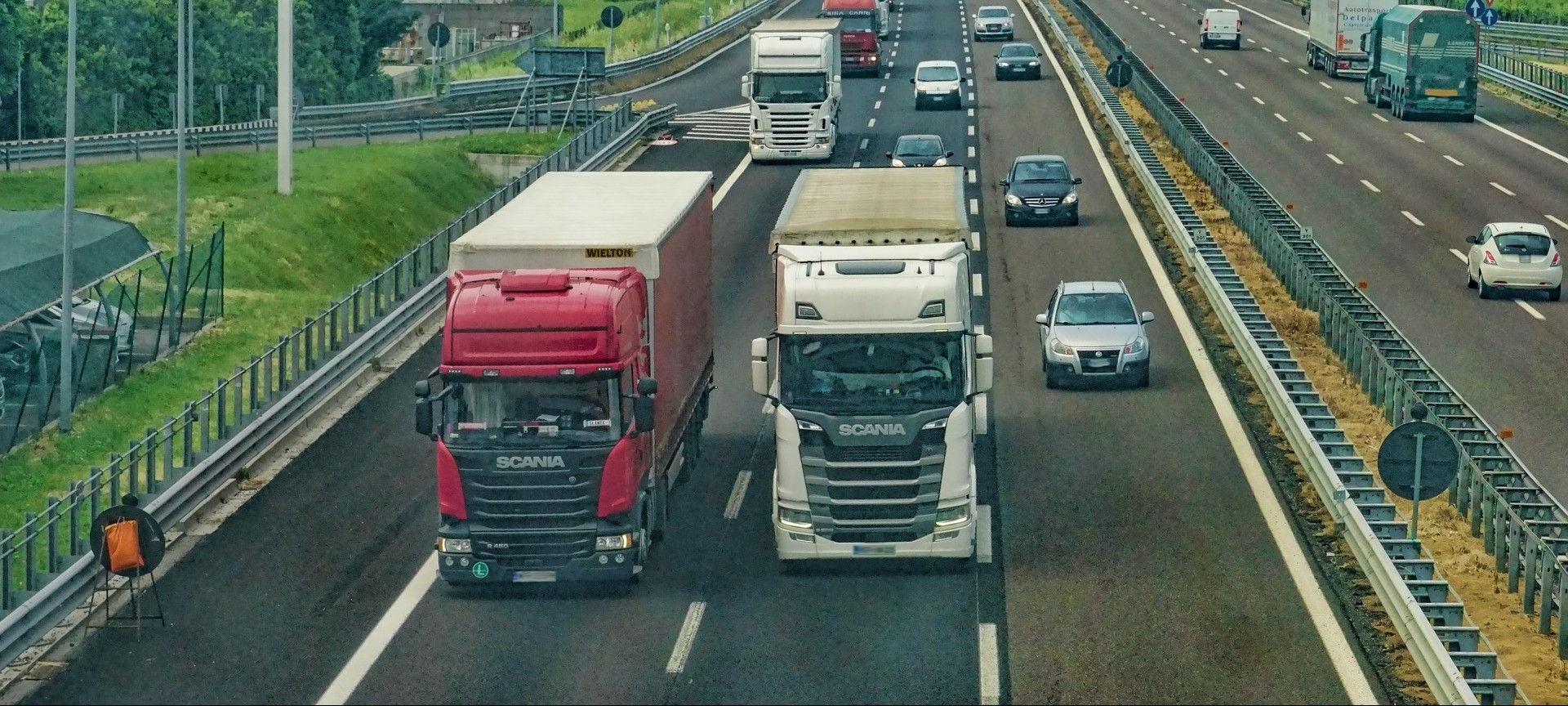Technological advancements to the trucking industry are in full swing. There is a rise in connected/automated trucks, the Internet of Things, automated warehousing processes, and other technologies in every area of the supply chain that are designed to turn the transportation industry on its head.
This technology has the ability to connect every aspect of the supply chain and create a succinct process that saves everyone time and money. One of the biggest timesavers of these advancements is to truck driver productivity.
Driver Productivity
One of the biggest benefits of these technological advancements in the transportation industry is the increase to driver productivity. Currently, drivers spend approximately 35% of their time driving and the remaining 65% of time parked, waiting, loading/unloading, and waiting for administration. This means that the driver’s time is not spent on the road but instead is bogged down with things like wait times and paperwork.
These inefficiencies affect the rest of the industry. Drivers are only able to operate their trucks for a certain amount of time per day therefore if the majority of their work day is spent waiting for loads, dealing with paperwork, etc. they are then unable to physically transport their freight. And when they are on the road they are susceptible to things like traffic jams and border wait times. All of this means that companies must wait longer to get their goods and the cost of goods can rise due to demand vs. time to deliver.
And since drivers can only spend a limited time on the road this also means that they must stop at rest stops which are often fully booked or overbooked leading to uncomfortable travel accommodations and unhappy drivers.
These driver holdups and inefficiencies lead to decreased driver productivity, increased costs spread throughout the industry, driver turnover, and an inability to attract new drivers to the industry.
Advancements in technology can help combat these problems.
Connected trucking will allow for drivers to become completely digital. Drivers will have all of the information they need in seconds. The paperwork they used to wait for? It’s now ready for them AND can be sent to terminals in advance to speed up the loading process. With advanced technology drivers will be less likely to be stuck in traffic jams due to increased GPS technology that can predict the best route. The technology can also tell the drivers which are the best rest stops to stay at and book reservations for them in advance. All of these pieces of information will be available to the driver at a moment’s notice. This means less wait times, less time spend in traffic, and happier drivers – culminating in increased driver productivity, better career opportunities for drivers, and faster transportation of goods.
Right now, portions of the supply chain process are still disjointed but this technology is not very far in the future. The connected warehouse is happening now, connected trucks are being created by companies like Daimler, and every day advancements are being made to make every step of the supply chain faster and more connected.
Connected trucking and advanced technology will help the transportation industry in a variety of ways, including increased driver productivity. Driver productivity, in turn, will help create a more fluid delivery system which will help to reduce cost and time, meaning more goods can be delivered more efficiently, as well as create happier drivers and attract new drivers to the Transportation industry.
Sources
https://www.daimler.com/innovation/connectivity/speech-connectivity-wolfgang-bernhard.html

